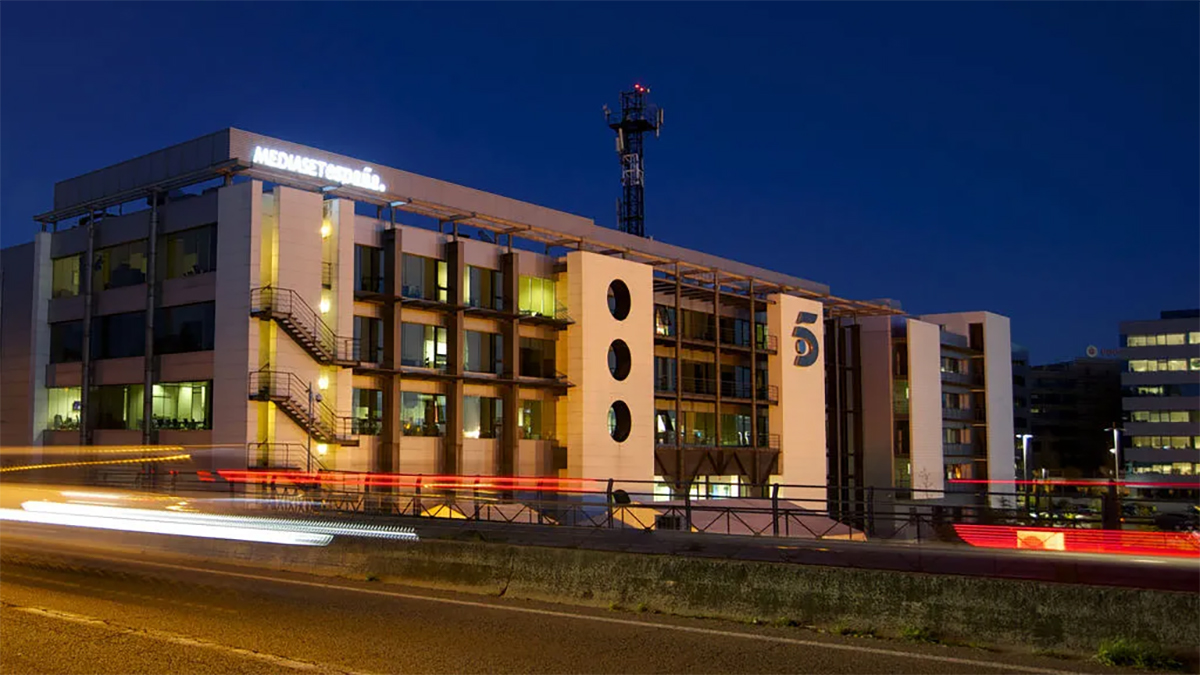Today WPP’s media arm GroupM introduced a new global framework for reducing ad-based carbon emissions to zero by 2030.
After conducting research into existing methodologies for measuring and reducing ad-based carbon emissions, GroupM has formulated its own practices to power “what we believe to be the industry’s most robust global carbon calculator,” which will be made available to GroupM clients later this year.
The group summarised the research in its report, Calculating a Cleaner Future Now: A Unified Methodology for Accelerated Media Decarbonization, including input from carbon measurement specialists, clients and industry partners. It aims to unify efforts across the industry by building a scalable, global framework for decarbonising the entire supply chain, from development to delivery.
“While we applaud the many steps taken to quantify ad-based carbon emissions in recent years, having different standards across companies, platforms and markets is delaying meaningful action,” said GroupM Global CEO Christian Juhl. “By sharing this global framework, we hope to begin aligning our industry behind a consistent set of standards that will create clear goals and incentives for rapidly decarbonising the media supply chain.”
Harmonising decarbonising
The launch follows the global rollout of Ad Net Zero announced last month at Cannes, where the world’s major agency holding companies (including WPP) announced their intention to expand the carbon neutrality programme to EU and US markets.
“Action 3 of the Ad Net Zero action plan is all about getting the whole industry to the point where we can accurately track, report and therefore reduce the carbon footprint of all media channels,” said Ad Net Zero Chair Sebastian Munden. “This is no easy task, especially as we scale the efforts of Ad Net Zero globally. We would need an agreed standardised approach which works for all parts of the ecosystem: advertisers, agencies, media and tech.”
GroupM confirmed its commitment to Ad Net Zero to “create alignment around a common industry solution.” Krystal Olivieri, Global Chief Innovation Officer at GroupM & Choreograph, notes the limitations of currently available carbon calculators, “because there is no standard output for how to measure emissions from media.”
The report finds optimism in past industry collaboration but argues that progress has been too slow, measurement approaches insufficiently robust and focused too heavily on offsetting instead of reduction.
“The good news is that our industry has come together in the past to achieve standardisation around other issues, like measurement and brand safety,” states the report. “But when it comes to decarbonisation, we have farther to travel and considerably less time to get there.”
Cannes we go on like this?
While media decarbonisation is doubtless a long-term coordinated effort, GroupM outlines five “quick wins” the industry can achieve in the short-term:
- Get visibility and be prepared to take action.
- Buy fewer, better ads from higher-quality publishers.
- Cut complexity of supply chain: fewer intermediaries, less tech simplistically equals less emissions.
- Buy low-carbon media products that are incentivised to cut waste.
- Reduce the size of creative assets.
“If we all continue to work on this problem independently, we’re going to have a limited impact on carbon emission reductions,” said Oliver Joyce, Global Chief Transformation Officer at Mindshare. “If we want to move further, faster, we need to work as one with a consolidated plan. There is massive urgency here, and we cannot move as slowly as we have in the past.”
Environmentalists argue that the pace of action required is impossible as long as the industry is shackled to fossil fuel companies. The day after the Ad Net Zero announcement at Cannes, Greenpeace stormed the WPP beach in protest at the group working for fossil fuel clients, an industry responsible for over 70 percent of carbon emissions. While it is true that those companies invest in renewable energy, as long as they are burning fossil fuels those investments can easily be read as offsetting, not reduction.
Aligning the realities of global business with the gravity of climate change is a massive undertaking, but as GroupM argues, the solutions can only be found by working collectively.





